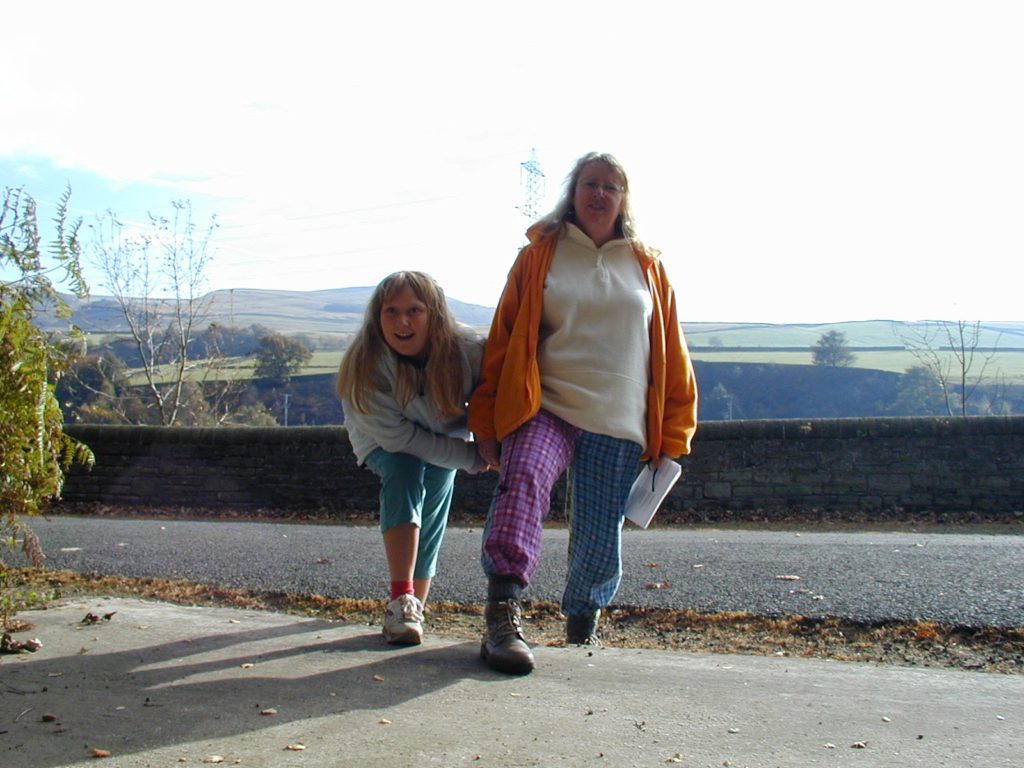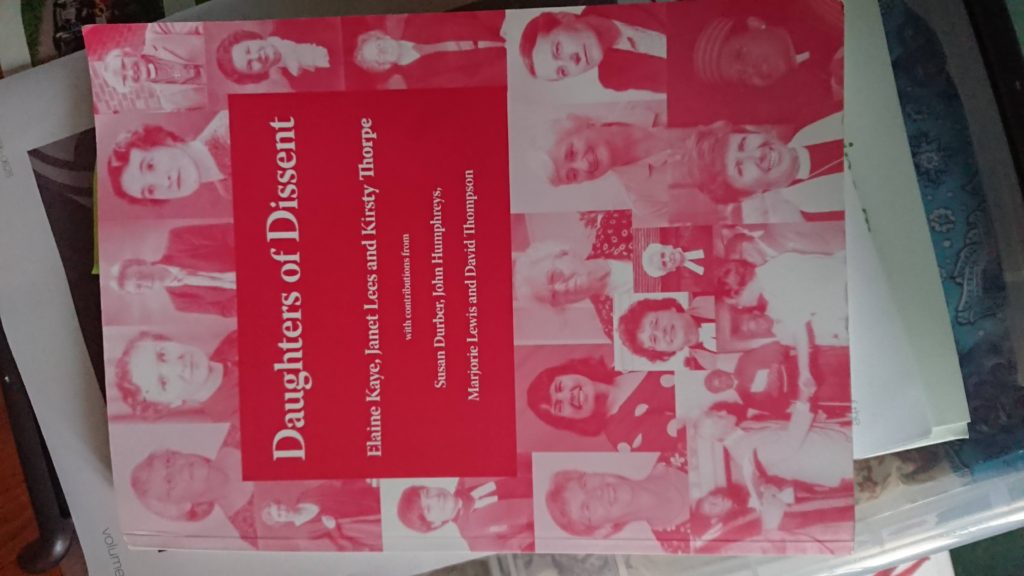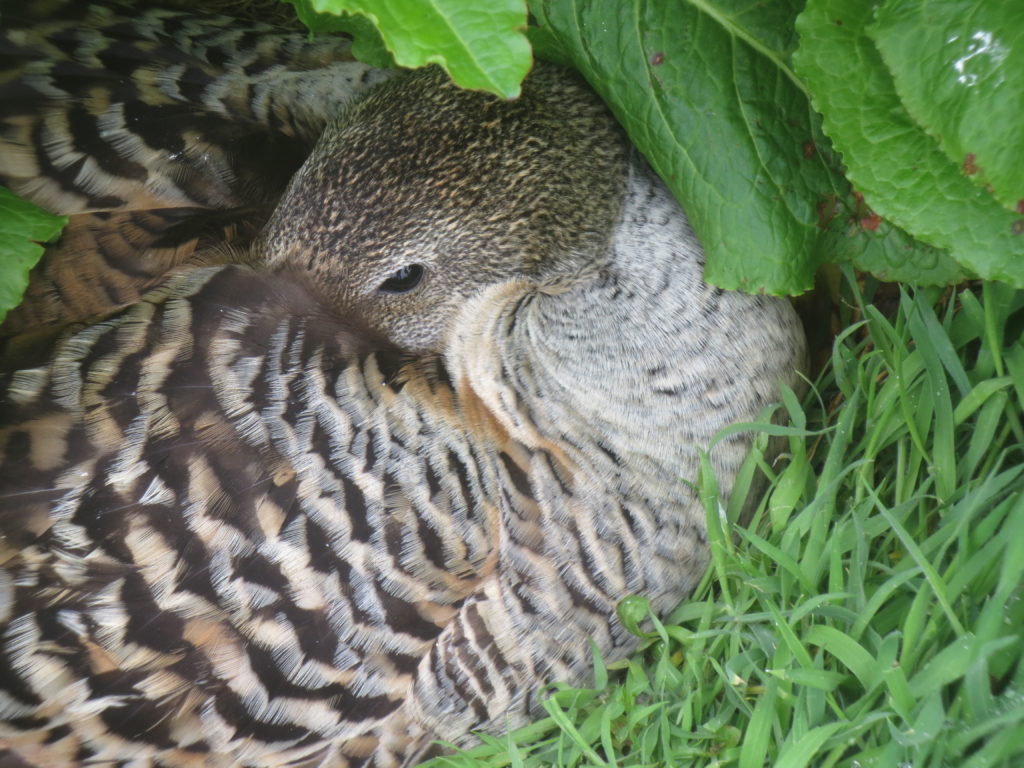Dear Benedict
I get the feeling you had little time for the ‘sarabaites’. It’s not a 21st century word so I’ll call them ‘the apathetic ones’. Possibly the most judgemental paragraph in your Rule, these are the ones you feared the most. By their very existence they undermine the Rule and those living by it.
The idea that two or three people might live in an unregulated community and actually manage to follow Christ’s way didn’t seem possible to you. You judge what they do what they like: ‘anything that strikes their fancy’. I assume you mean they have abandoned the work and worship patterns of more formal monasticism. They call anything ‘holy’.
It’s difficult for me to bridge a gap between 6th and 21st centuries, however I try. There are 6th century gems I go back to time and again, like the Breastplate of St Patrick for example: ‘Christ before me, Christ in mouth of friend and stranger’, but this section of your Rule is not one of them.
Apathy is common to human beings. We get worn down, frustrated, disappointed, and apathy creeps in somewhere. It’s been a common stumbling block in the Church through the ages, as has the unexplainable need to defend any sort of criticism that might uncover those very things in the Church itself and thereby might deter followers. As a Reformer yourself, you’ll know why reform continues to be needed and you must have met a few good ones.
Perhaps when you wrote this you had some specific places of apathy in mind. Maybe some you had valued chose to leave the community and set up like this. There’s certainly passion here and that only comes from personal engagement. These apathetic ones had been your friends and you felt betrayed by their decision to enter the unregulated sheepfold.
Me, I’m pretty much unregulated. After 1,500 years deregulation has continued on and on, one reform after another, some more successful than others. The branch I have previously belonged to has been dwindling for nearly a century and for all its strides forward, for example with the leadership of women, it’s a hot bed for apathy. These days I call many things holy: I walk the way trying to listen but also questioning. I do get frustrated and I have walked away from some of the more frustrating tangles. I wonder if any of those apathetic ones came back to the community of the Rule?
Even so, this paragraph has its place, witness to the struggles to build community and to dissent. There will be some more dissent later, and as a Daughter of Dissent I can only welcome that.

From a remembered psalm: As a deer longs for water so I long for you, God.
Fill me.
From A Friend of Scholastica and a Member of the Lay Community of St Benedict


